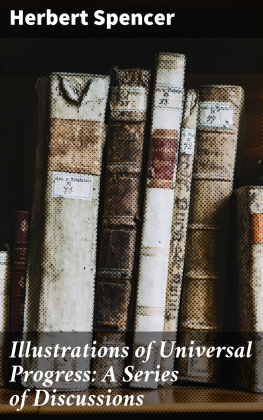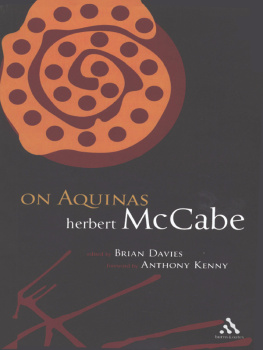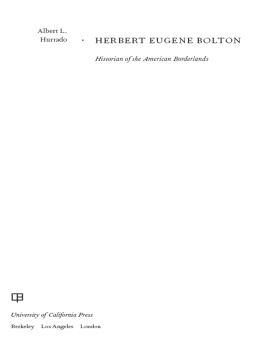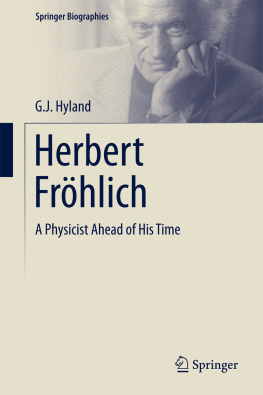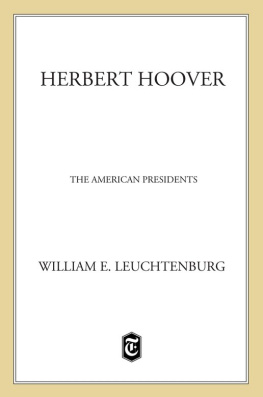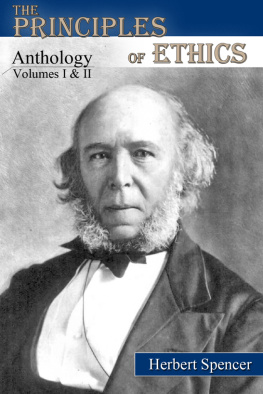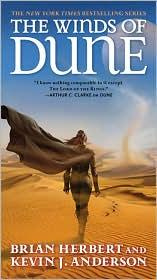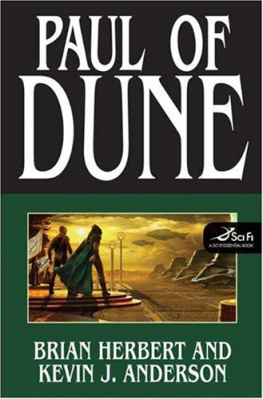The Life of Froude
By Herbert Paul
London: Sir Isaac Pitman & Sons, 1905.
PREFACE
Although eleven years have elapsed since Mr. Froude's death, no biography of him has, so far as I know, appeared. This book is an attempt to tell the public something about a man whose writings have a permanent place in the literature of England.
It is a pleasure to acknowledge my obligation to Miss Margaret Froude for having allowed me the use of such written material as existed. A large number of Mr. Froude's letters were destroyed after his death, and it was not intended by the family that any biography of him should be written. Finding that I was engaged upon the task, Miss Froude supplied those facts, dates, and papers which were essential to the accuracy of the narrative. Mr. Froude's niece, Mrs. St. Leger Harrison, known to the world as Lucas Malet, has allowed me to use some of her uncle's letters to her mother.
Lady Margaret Cecil has, with great kindness, permitted me to make copious extracts from Mr. Froude's letters to her mother, the late Countess of Derby. I must also express my gratitude to Sir Thomas Sanderson, Lord Derby's executor, to Cardinal Newman's literary representative Mr. Edward Bellasis, and to Mr. Arthur Clough, son of Froude's early friend the poet.
Mr. James Rye, of Balliol College, Oxford, placed at my disposal, with singular generosity, the results of his careful examination into the charges made against Mr. Froude by Mr. Freeman.
The Rector of Exeter was good enough to show me the entries in the college books bearing upon Mr. Froude's resignation of his Fellowship, and to tell me everything he knew on the subject.
My indebtedness to the late Sir John Skelton's delightful book,
The Table Talk of Shirley, will be obvious to my readers.
I have, in conclusion, to thank my old friend Mr. Birrell, for lending me his very rare copy of the funeral sermon preached by Mr. Froude at Torquay.
October 30, 1905.
CHAPTER I
CHILDHOOD
IN reading biographies I always skip the genealogical details. To be born obscure and to die famous has been described as the acme of human felicity. However that may be, whether fame has anything to do with happiness or no, it is a man himself, and not his ancestors, whose life deserves, if it does deserve, to be written. Such was Froude's own opinion, and it is the opinion of most sensible people. Few, indeed, are the families which contain more than one remarkable figure, and this is the rock upon which the hereditary principle always in practice breaks. For human lineage is not subject to the scientific tests which alone could give it solid value as positive or negative evidence. There is nothing to show from what source, other than the ultimate source of every good and perfect gift, Froude derived his brilliant and splendid powers. He was a gentleman, and he did not care to find or make for himself a pedigree. He knew that the Froudes had been settled in Devonshire time out of mind as yeomen with small estates, and that one of them, to whom his own father always referred with contempt, had bought from the Heralds' College what Gibbon calls the most useless of all coats, a coat of arms. Froude's grandfather did a more sensible thing by marrying an heiress, a Devonshire heiress, Miss Hurrell, and thereby doubling his possessions. Although he died before he was five-and-twenty, he left four children behind him, and his only son was the historian's father.
James Anthony Froude, known as Anthony to those who called him by his Christian name, was born at Dartington, two miles from Totnes, on St. George's Day, Shakespeare's birthday, the 23rd of April, 1818. His father, who had taken a pass degree at Oxford, and had then taken orders, was by that time Rector of Dartington and Archdeacon of Totnes. Archdeacon Froude belonged to a type of clergyman now almost extinct in the Church of England, though with strong idiosyncrasies of his own. Orthodox without being spiritual, he was a landowner as well as a parson, a high and dry Churchman, an active magistrate, a zealous Tory, with a solid and unclerical income of two or three thousand a year. He was a personage in the county, as well as a dignitary of the Church. Every one in Devonshire knew the name of Froude, if only from "Parson Froude," no credit to his cloth, who appears as Parson Chowne in Blackmore's once popular novel, The Maid of Sker. But the Archdeacon was a man of blameless life, and not in the least like Parson Froude. A hard rider and passionately fond of hunting, he was a good judge of a horse and usually the best mounted man in the field. One of his exploits as an undergraduate was to jump the turnpike gate on the Abingdon road with pennies under his seat, between his knees and the saddle, and between his feet and the stirrups, without dropping one.
Although he had been rather extravagant and something of a dandy, he was able to say that he could account for every sixpence he spent after the age of twenty-one. On leaving Oxford he settled down to the life of a country parson with conscientious thoroughness, and was reputed the best magistrate in the South Hams. Farming his own glebe, as he did, with skill and knowledge, perpetually occupied, as he was, with clerical or secular business, he found the Church of England, not then disturbed by any wave of enthusiasm, at once necessary and sufficient to his religious sense. His horror of Nonconformists was such that he would not have a copy of The Pilgrim's Progress in his house. He upheld the Bishop and all established institutions, believing that the way to heaven was to turn to the right and go straight on. There were many such clergymen in his day.
In appearance he was a cold, hard, stern man, despising sentiment, reticent and self-restrained. But beneath the surface there lay deep emotions and an aesthetic sense, of which his drawings were the only outward sign. To these sketches he himself attached no value. "You can buy better at the nearest shop for sixpence," he would say, if he heard them praised. Yet good judges of art compared them with the early sketches of Turner, and Ruskin afterwards gave them enthusiastic praise. Mr. Froude had married, when quite a young man, Margaret Spedding, the daughter of an old college friend, from Armathwaite in Cumberland. Her nephew is known as the prince of Baconian scholars and the J. S. of Tennyson's poem. She was a woman of great beauty, deeply religious, belonging to a family more strongly given to letters and to science than the Froudes, whose tastes were rather for the active life of sport and adventure. One can imagine the Froudes of the sixteenth century manning the ships of Queen Bess and sailing with Frobisher or Drake. For many years Mrs. Froude was the mistress of a happy home, the mother of many handsome sons and fair daughters. The two eldest, Hurrell and Robert, were especially striking, brilliant lads, popular at Eton, their father's companions in the hunting-field or on the moors. But in Dartington Rectory, with all its outward signs of prosperity and welfare, there were the seeds of death. Before Anthony Froude, the youngest of eight, was three years old, his mother died of a decline, and within a few years the same illness proved fatal to five of her children. The whole aspect of life at Dartington was changed. The Archdeacon retired into himself and nursed his grief in silence, melancholy, isolated, austere.
This irreparable calamity was made by circumstances doubly calamitous. Though destined to survive all his brothers and sisters, Anthony was a weak, sickly child, not considered never heard the mention of his mother's name, or was the Archdeacon himself capable of showing any tenderness whatever. In place of a mother the little boy had an aunt, who applied to him principles of Spartan severity. At the mature age of three he was ducked every morning at a trough, to harden him, in the ice-cold water from a spring, and whenever he was naughty he was whipped. It may have been from this unpleasant discipline that he derived the contempt for self-indulgence, and the indifference to pain, which distinguished him in after life. On the other hand, he was allowed to read what he liked, and devoured Grimm's Tales, The Seven Champions of Christendom, and The Arabian Nights. He was an imaginative and reflective child, full of the wonder in which philosophy begins.




